
a piece of paper with writing on it that says coastal hydropoly written in red
The cold weather season or the winter season. Clear sky, low temperature and humidity. Temperature below 21°C. The coldest month is January, temperature is 10°to 15°C. Northeast Trade winds prevail over the country. They blow from land to the sea over most parts of the country and do not cause much rainfall.

Class 9th Geography Chapter 2 Physiological Division of India (भारत का भौतिक स्वरूप) NCERT
Class 9 Social Science Geography Chapter 4 Climate Notes Chapter = 4 Climate ️ Climate :- Climate refers to the sum total of weather conditions and variations over a large area for a long period of time (more than thirty years). ️ Weather :- Weather refers to the state of the atmosphere over an area at any point of time.

NCERT Class 9 Geography Chapter 1 Notes India Size and Location
Give reasons as to why. (i) The bulk of rainfall in India is concentrated over a few months. (ii) The Tamil Nadu coast receives winter rainfall. (iii) The delta region of the eastern coast is frequently struck by cyclones. (iv) Parts of Rajasthan, Gujarat, and the leeward side of the Western Ghats are drought-prone.
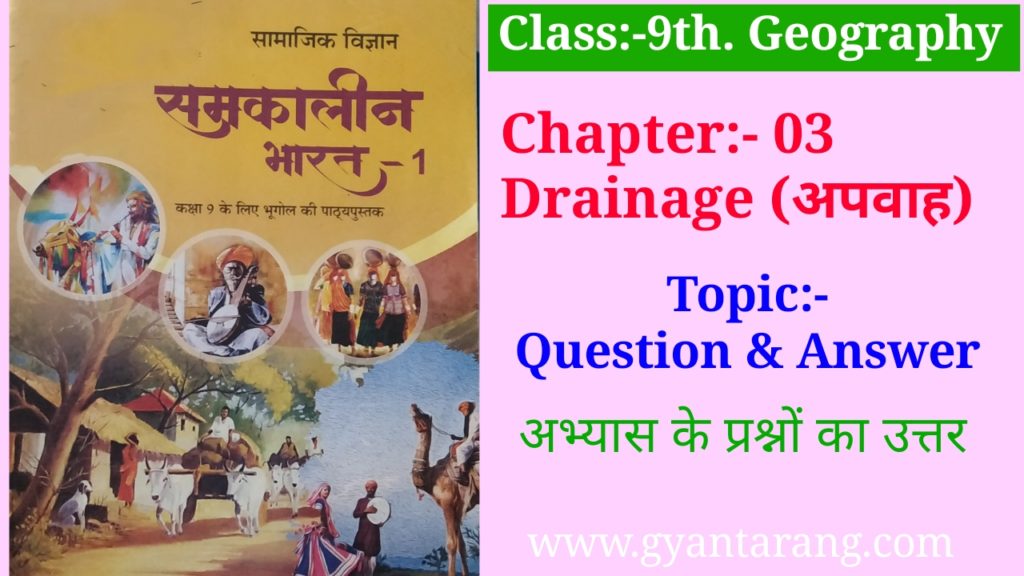
Class 9th geography chapter 3 question answer in hindi Gyan Tarang
Class 9 Geography Chapter 4 Notes CLIMATE. CBSE Class 9 Geography Chapter 4 Notes CLIMATE in this step-by-step answer guide. In some of State Boards and CBSE schools, students are taught thru NCERT books. As the chapter comes to an end, students are requested few questions in an exercising to evaluate their expertise of the chapter.

India Size And Location Geography Class 9 Ncert Book Part 1 Youtube Photos
Climate Class 9 Notes Social Science Geography Chapter 4. The term climate is the sum total of.the weather conditions (including variations) over a large area for a long period of time (more than thirty years). The term weather refers to the state of the atmosphere at a place and time with reference to the following elements. Temperature Humidity.

Class Vi Geography Chapter 1 Map Reading Part 5 Youtube Gambaran
भारत और समकालीन विश्व भाग NCERT Geography Class 9th Books All Chapters in Hindi Medium. Chapter 1 India Size and Location. Chapter 2 Physical Features of India. Ch 3 Drainage. Chapter 4 Climate. Chapter 5 Natural Vegetation and Wild Life. Ch 6 Population.

NCERT Solutions for Class 9th Hindi Chapter 3 समास Learn CBSE Sanskrit Language, Hindi
Question 4. Give reasons as to why. (i) Seasonal reversal of wind direction takes place over the Indian subcontinent. (ii) The bulk of rainfall in India is concentrated over a few months. (iii) The Tamil Nadu coast receives winter rainfall. (iv) The delta region of the eastern coast is frequently struck by cyclones.
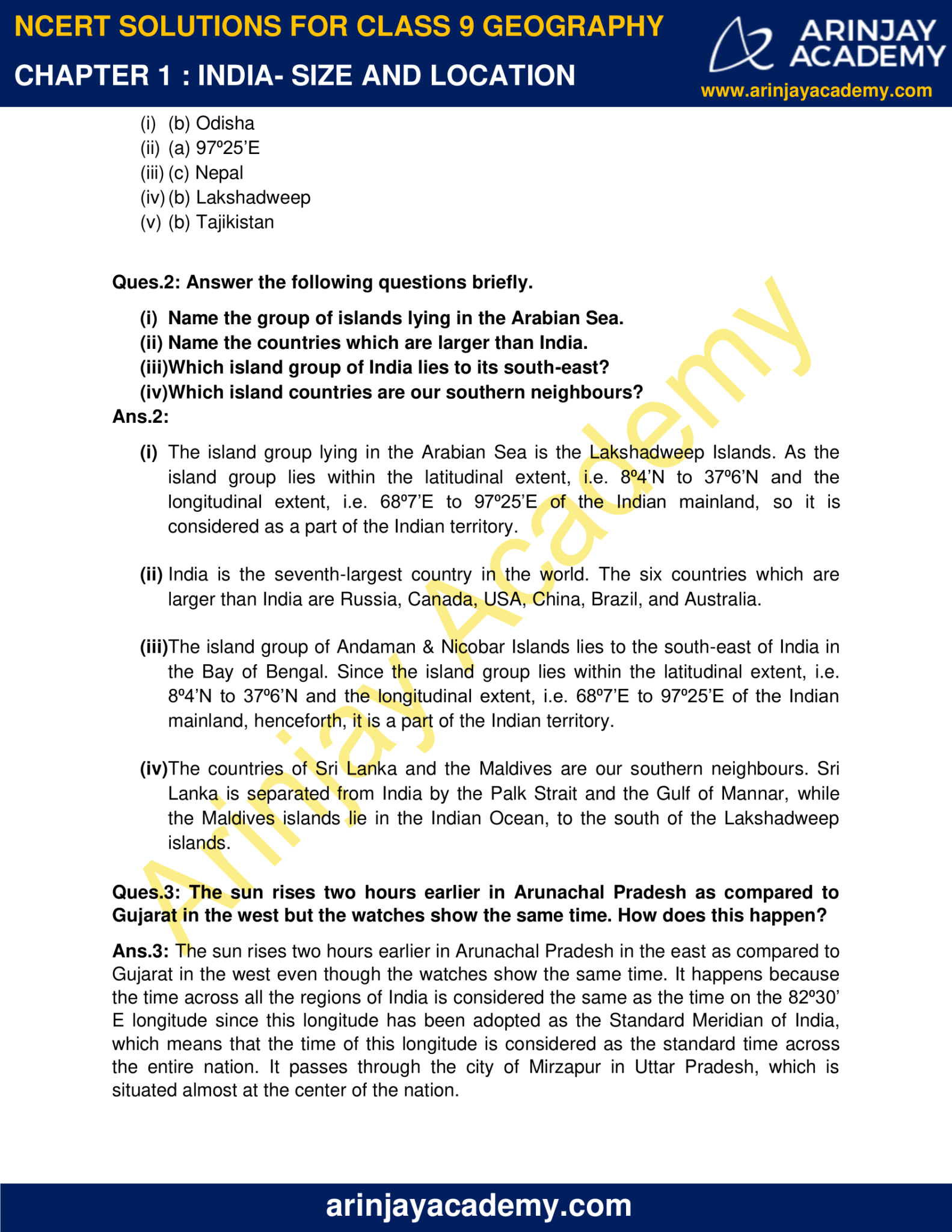
Ncert Class 9 Geography Chapter 1 India Size And Location Extra Photos
Hi, this is the video on the most awaited and dreaded chapter CLIMATE.Hope you all understand it better now.If you have any questions, write it down in the.
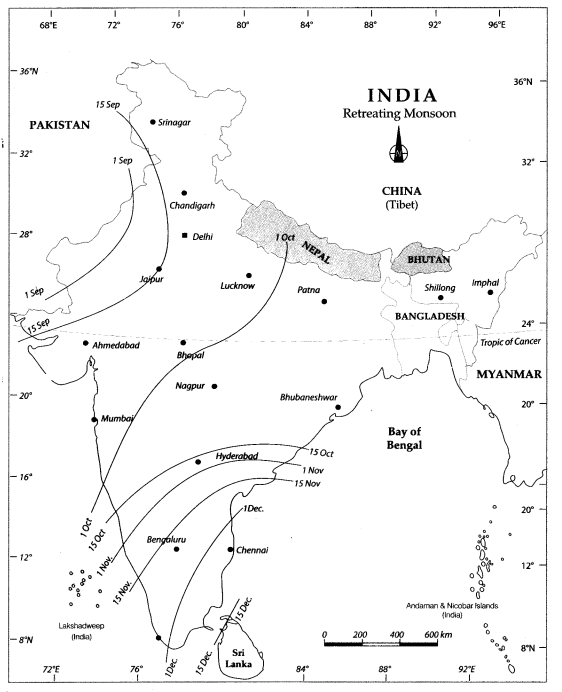
Class 9 Geography Map Work Chapter 4 Climate (Updated for ) • cbseBoy
Chapter 1 - India-size and Location. Chapter 2 - Physical Features of India. Chapter 3 - Drainage. Chapter 4 - Climate. Chapter 5 - Natural Vegetation and Wildlife. Chapter 6 - Population. Download CBSE NCERT Solutions for Class 9 Geography Chapter 4 - Climate Social Science (Contemporary India - I). NCERT Solutions.
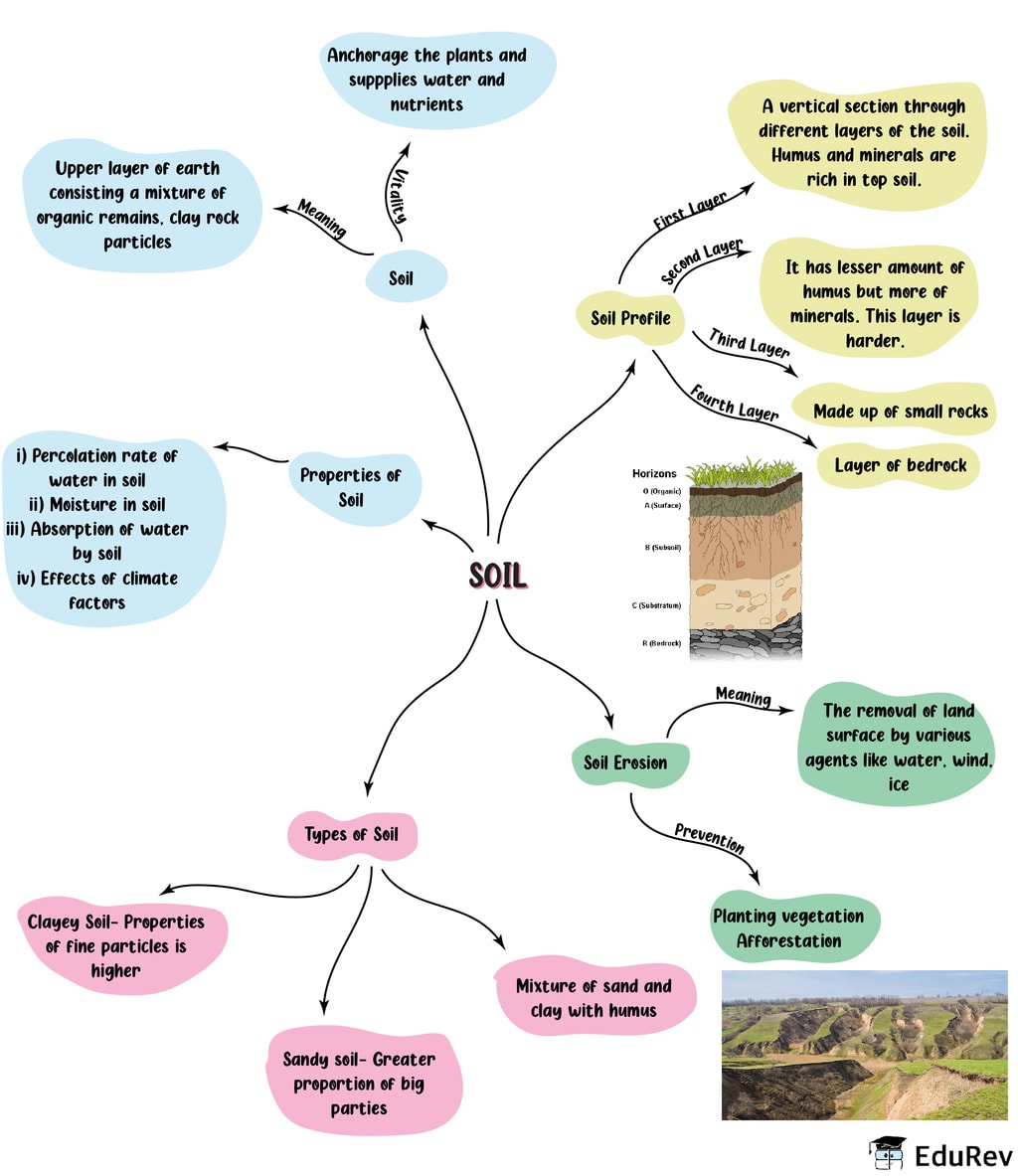
Mind Map Class 7 Science Chapter 10 Respiration In Organisms Mind Map Art Mind Map My kulturaupice
This next section in Chapter 4 Class 9 NCERT solutions presents a discussion regarding various controllers of climate. It includes altitude, latitude, wind and pressure system, ocean currents, distance from the sea, and relief features. All of these factors play a pivotal role in controlling the climate of a region.

CBSE Notes Class 9 Geography Chapter 2 Physical Features of India(Note... Geography
NCERT Solutions of Geography - Class 9th (Social Science) Contemporary India I - Free PDF Download. Geography subject consists of variety of topics and divided into different sub-parts. In the Class 9th Geography textbook, we are mainly focused on Indian Geography part. In the whole book, we will learn about the natural features of India such.
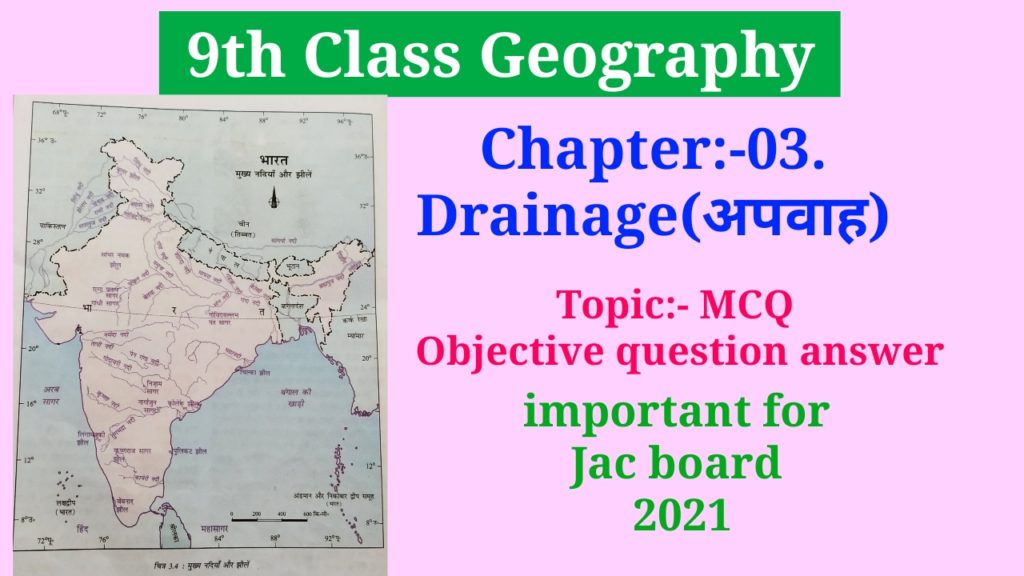
Class 9th geography chapter 3 MCQ with answer in hindi Gyan Tarang
Ans: Jet streams are a narrow belt of high altitude (above 12000 m) westerly winds in the troposphere. The westerly flows are responsible for the western disturbances experienced in the north and north-western parts of the country. (a) Their speed varies from about 110 km/h in summer to about 184 km/h in winter.
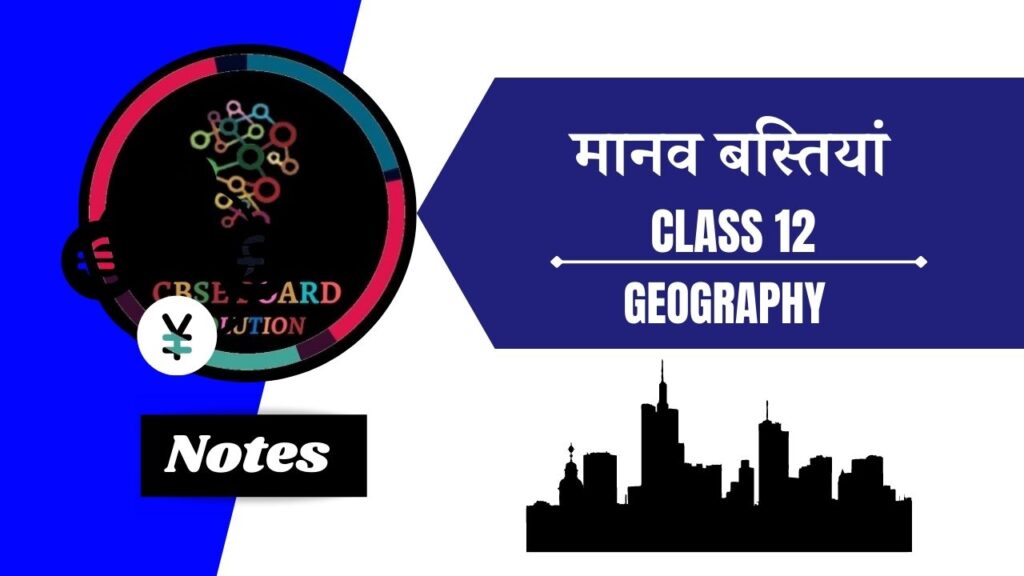
मानव बस्तियां (CH4) Notes in Hindi CBSE Board Class 12 Geography Chapter 4 Notes in Hindi
9 Class Geography Chapter 4 जलवायु Notes In Hindi Climate. जलवायु कक्षा 9 notes, Class 9 geography chapter 4 notes in hindi जिसमे हम जलवायु , मौसम , मानसून , मानसून का फटना , शीत ऋतु , ग्रीष्म ऋतु.
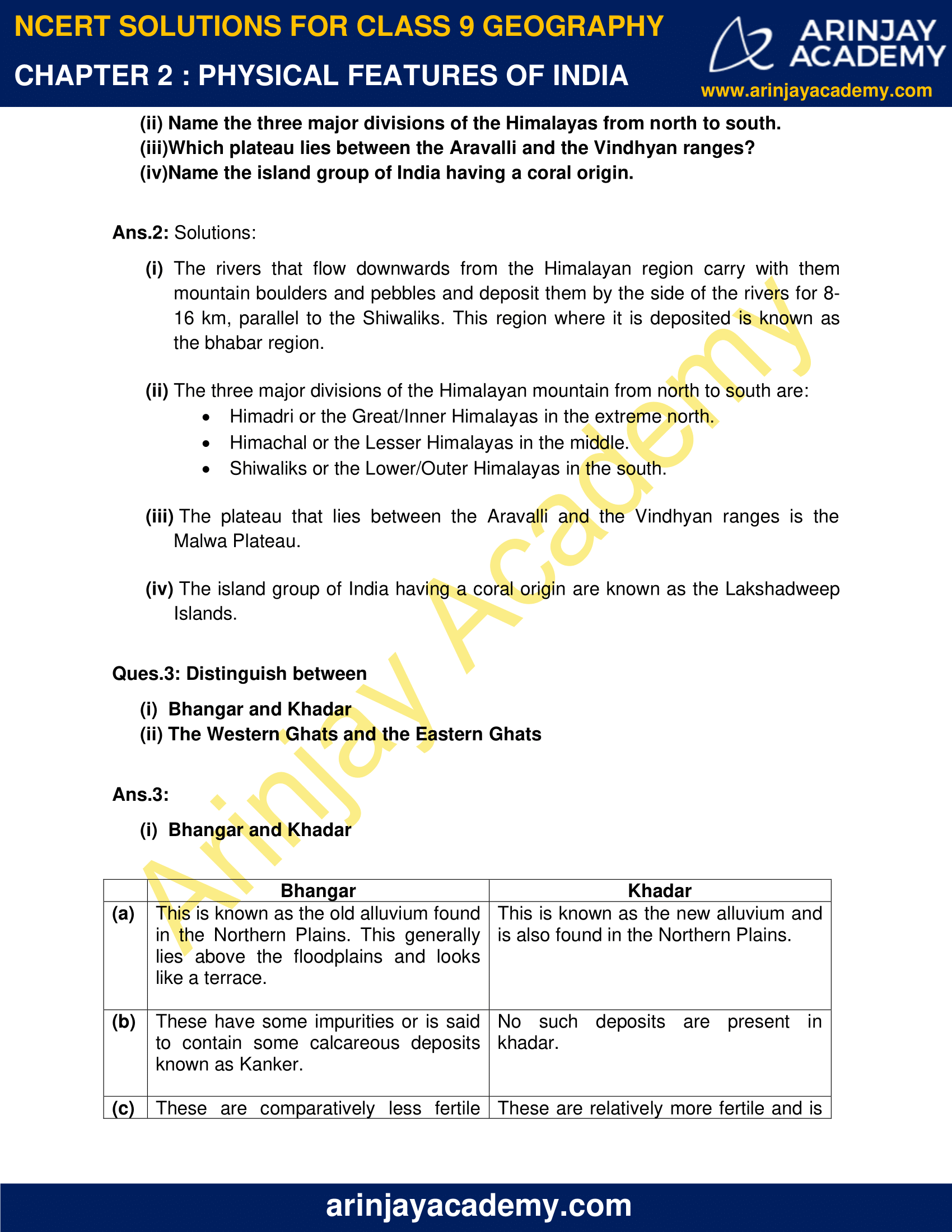
Ncert Chapter 2 Solution For Class 9 Civics Sst Puranstudy Mobile Legends
NCERT Solutions for Class 9th: Ch 4 Climate Geography Social Studies (S.St) 1. Find out why the houses in Rajasthan have thick walls and flat roofs. Houses in Rajasthan have thick walls and flat roofs. The thick walls do not allow the heat to get into the houses while the flat roofs help to retain the little water that comes as rain in the desert.

class 9th geography chapter 2 map skills can someone please solve it
The direct link to download class 9 Social Science NCERT Book PDF for chapter 4 Climate is given above. However if you want to read the complete lesson on Climate then that is also possible here at aglasem. So here is the complete class 9 Social Science Ch 4 Climate. NCERT Book Class 9 Social Science (Geography) Chapter 4 Climate View Download

Ncert Class 9 Geography Chapter 1 India Size And Location Exercise
NCERT Book Solutions for Class 9 Geography Chapter 4 - CBSE Free PDF Download. NCERT Solutions for Class 9 Geography Chapter 4 Climate are designed by the subject matter experts at BYJU'S to assist students with their CBSE exam preparation. Students might have read about landforms and the drainage of our country in Chapters 2 and 3, respectively.